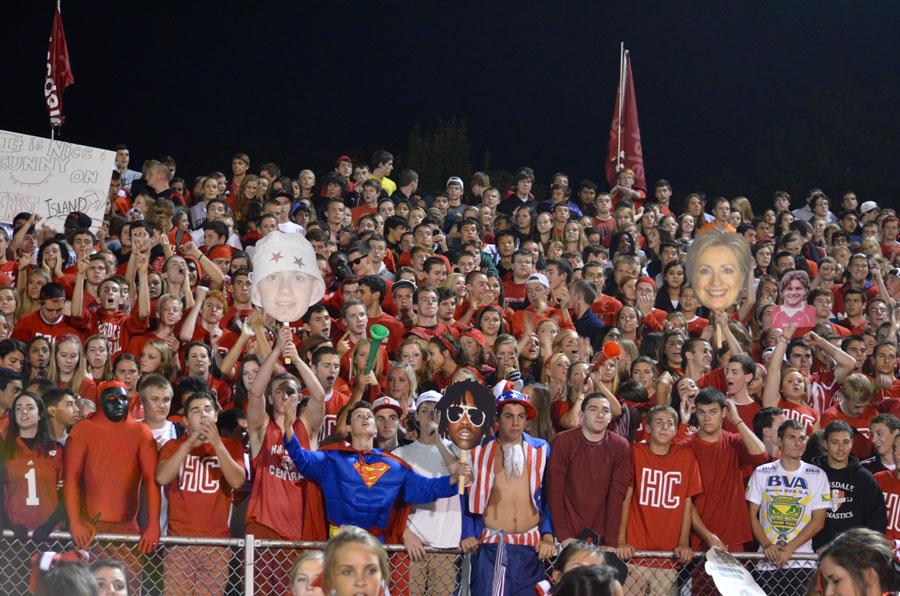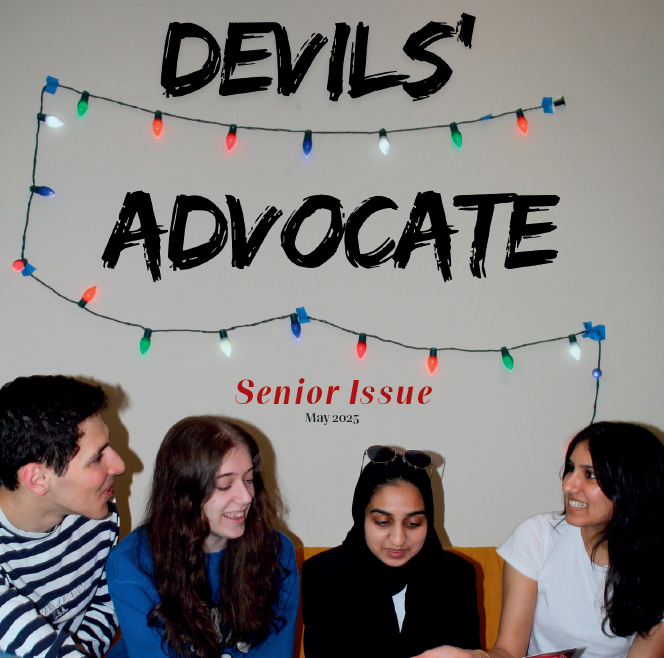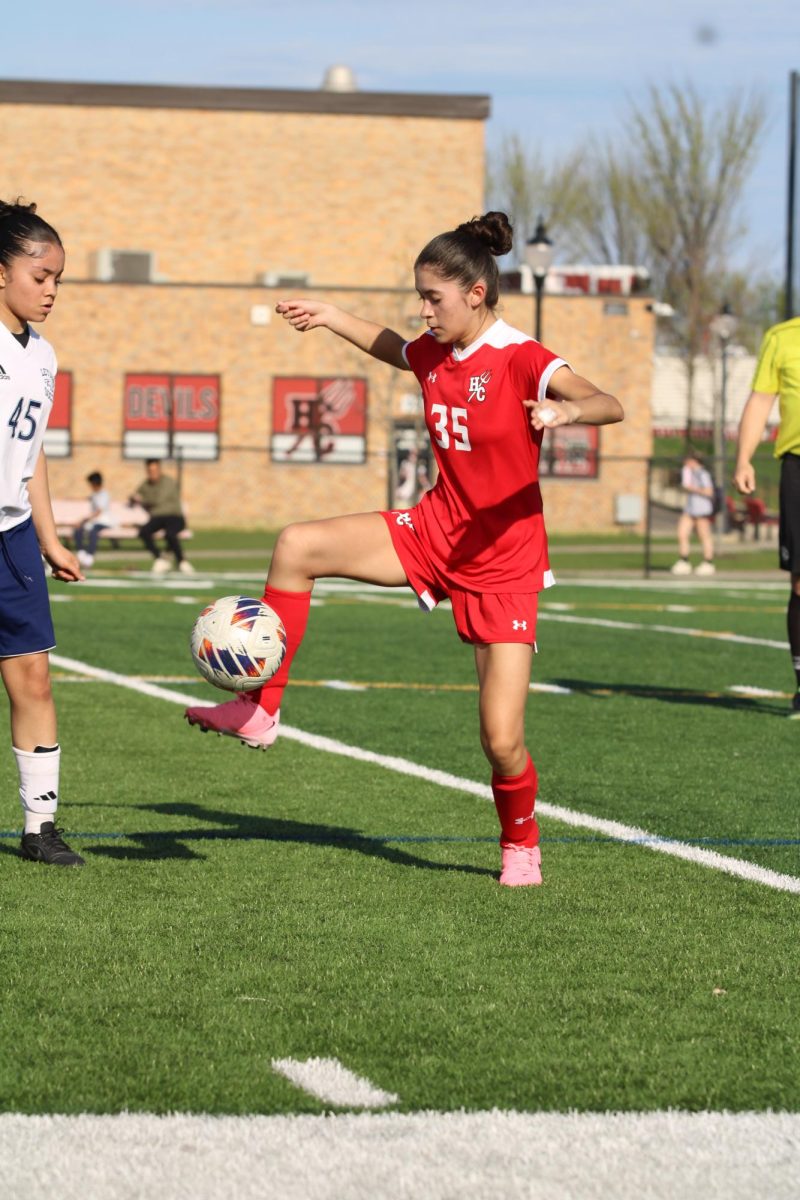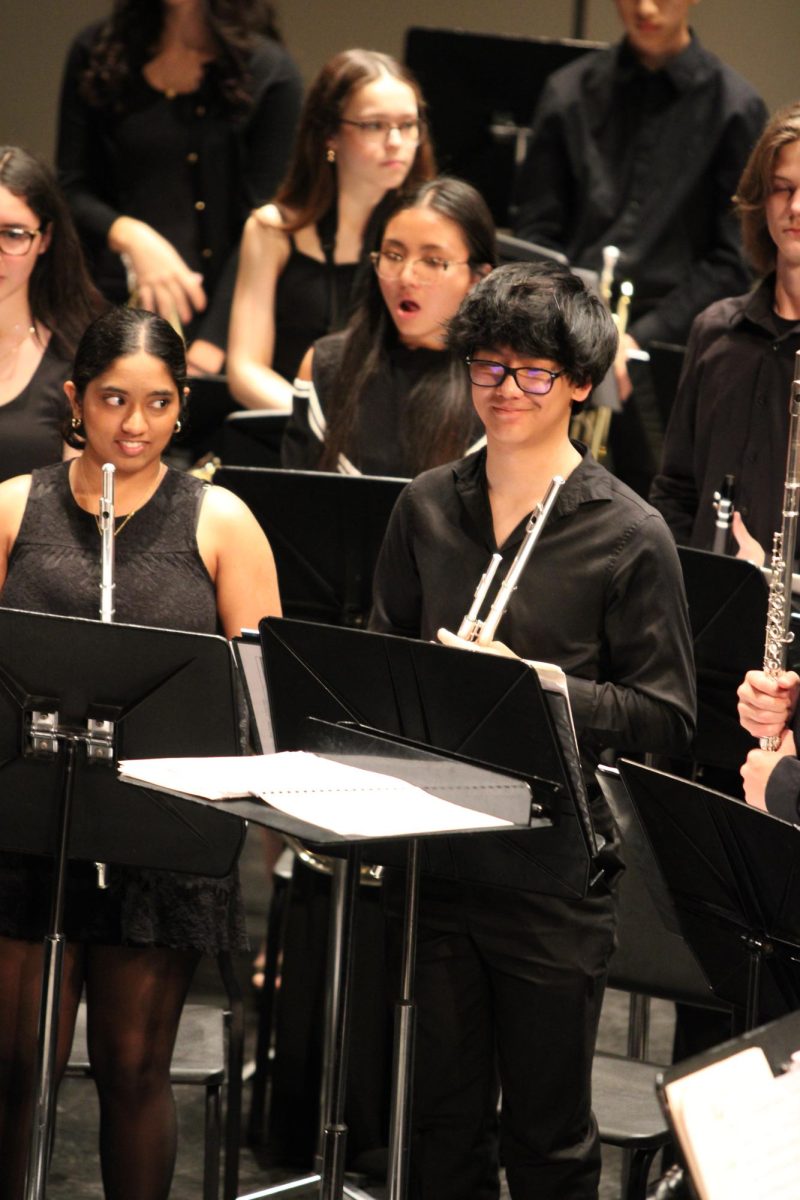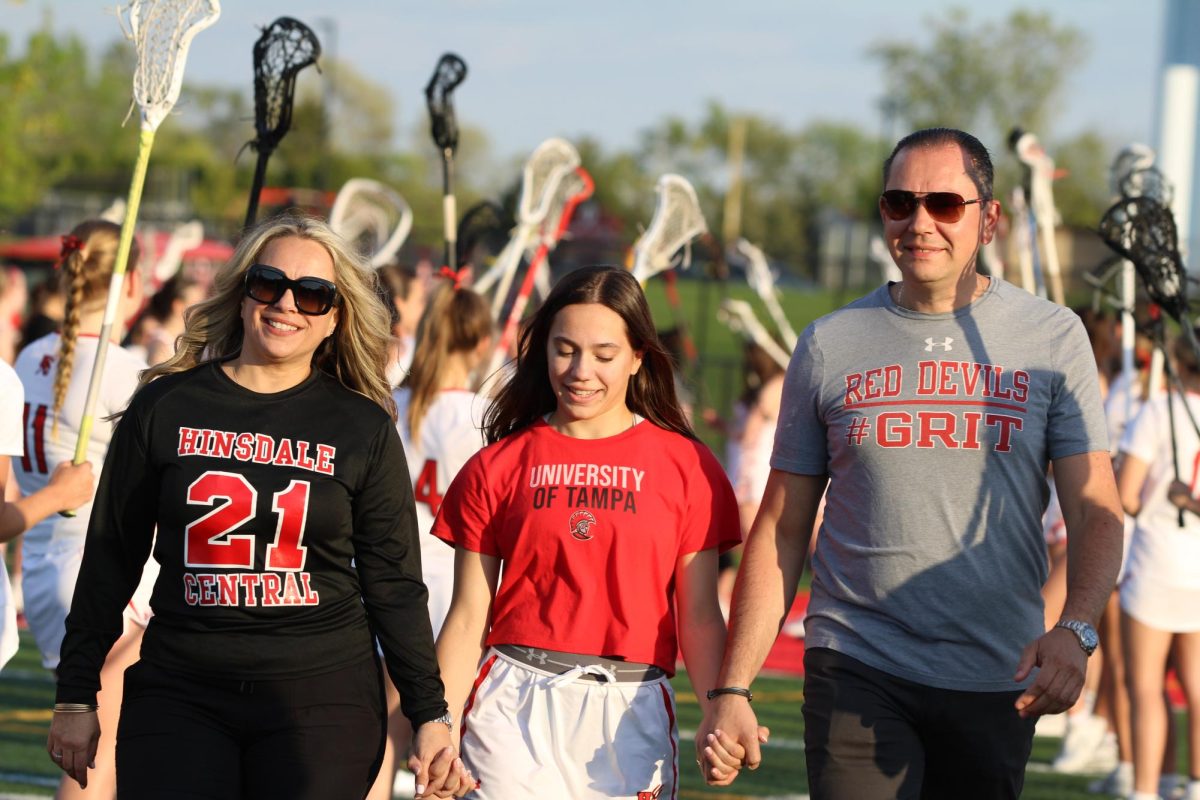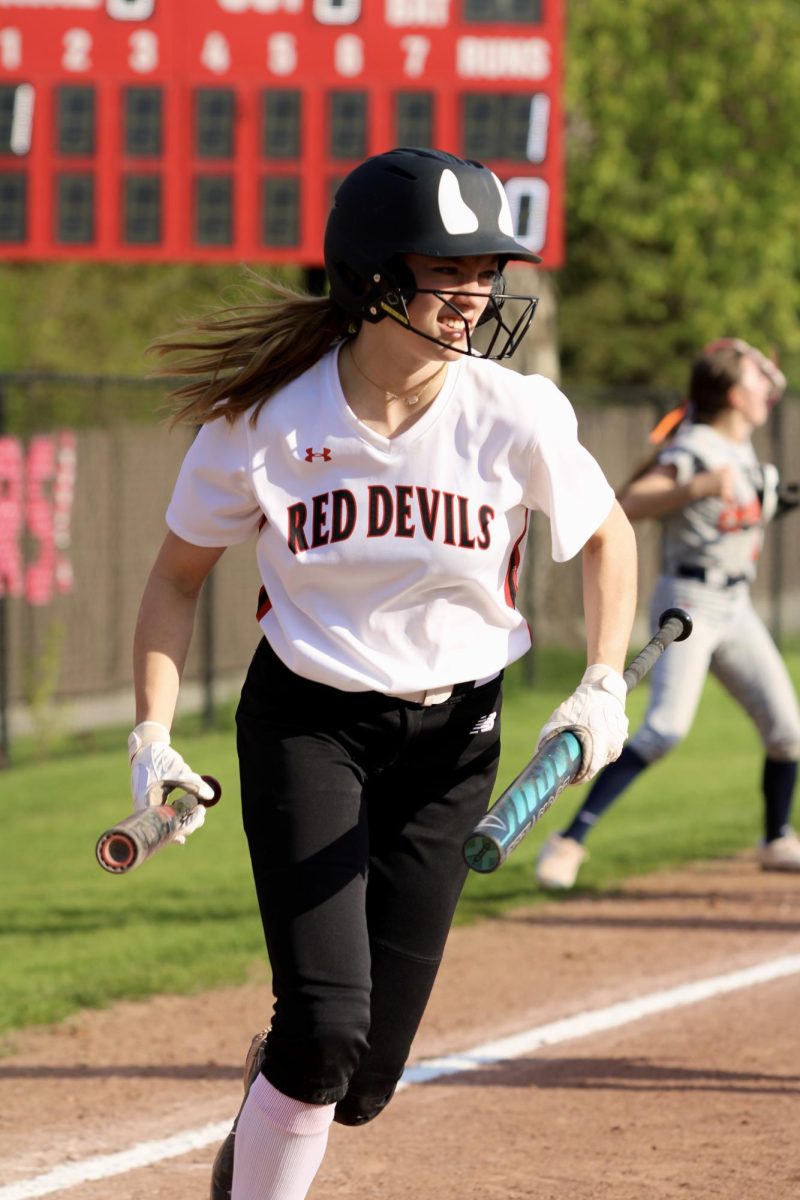After arrests at home football games, students are left wondering about their rights.
Police officers reserve the right to arrest students at Central’s football games. “You need probable cause to make an arrest, but you must have reasonable suspicions to go talk to someone and develop it to the point of having probable cause to arrest someone,” said Officer Mark Keller, police liaison for Central. Suspicions include the sight or smell of alcohol, or any strange behavior.
In order to charge someone officially for underage drinking, the student must be proven guilty through a series of steps. “Usually once we find someone or suspect someone, we try to secure them away from everyone else whether it’s in the school, the halftime house, or we take them outside the fenced area itself so that they’re not by everyone,” Keller said.
By doing this, the police can have a conversation, not surrounded by all of the football fans. In addition, the confidentiality of a minor is not breeched. At this point, the police gives the student a sobriety test. Students are allowed to refuse to take the breathalyzer test; however, if the student blows a zero into the breathalyzer, he/she is allowed to return to the football game.
If the breathalyzer test reveals that the student has had alcohol to drink, the officer will take him/her to the police station. There, students may receive a citation. “If they go through court, they may be ordered by the judge to also take the Alive at 25 class, and more than likely will, but that is based on what the judge decides,” Keller said.
If they are first-time offenders, they also have an alternative option. They may choose to go to Peer Jury and an Alive at 25 class. Those who choose this admit their guilt.
The National Safety Council originally created the Alive at 25 class to teach responsible driving to teens between the ages of 15 and 24. The course has since evolved into a place for the Hinsdale police to refer teen offenders.



